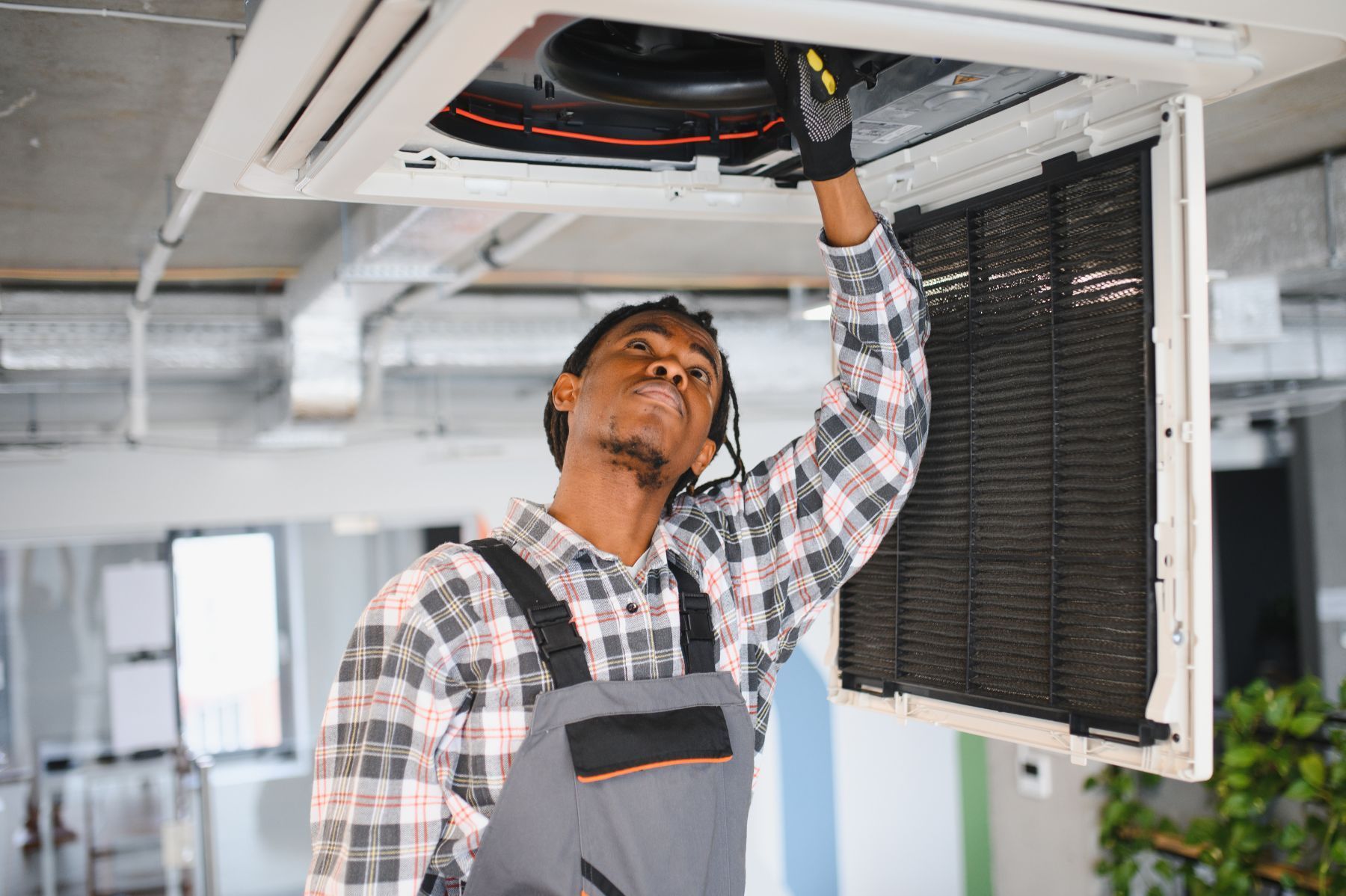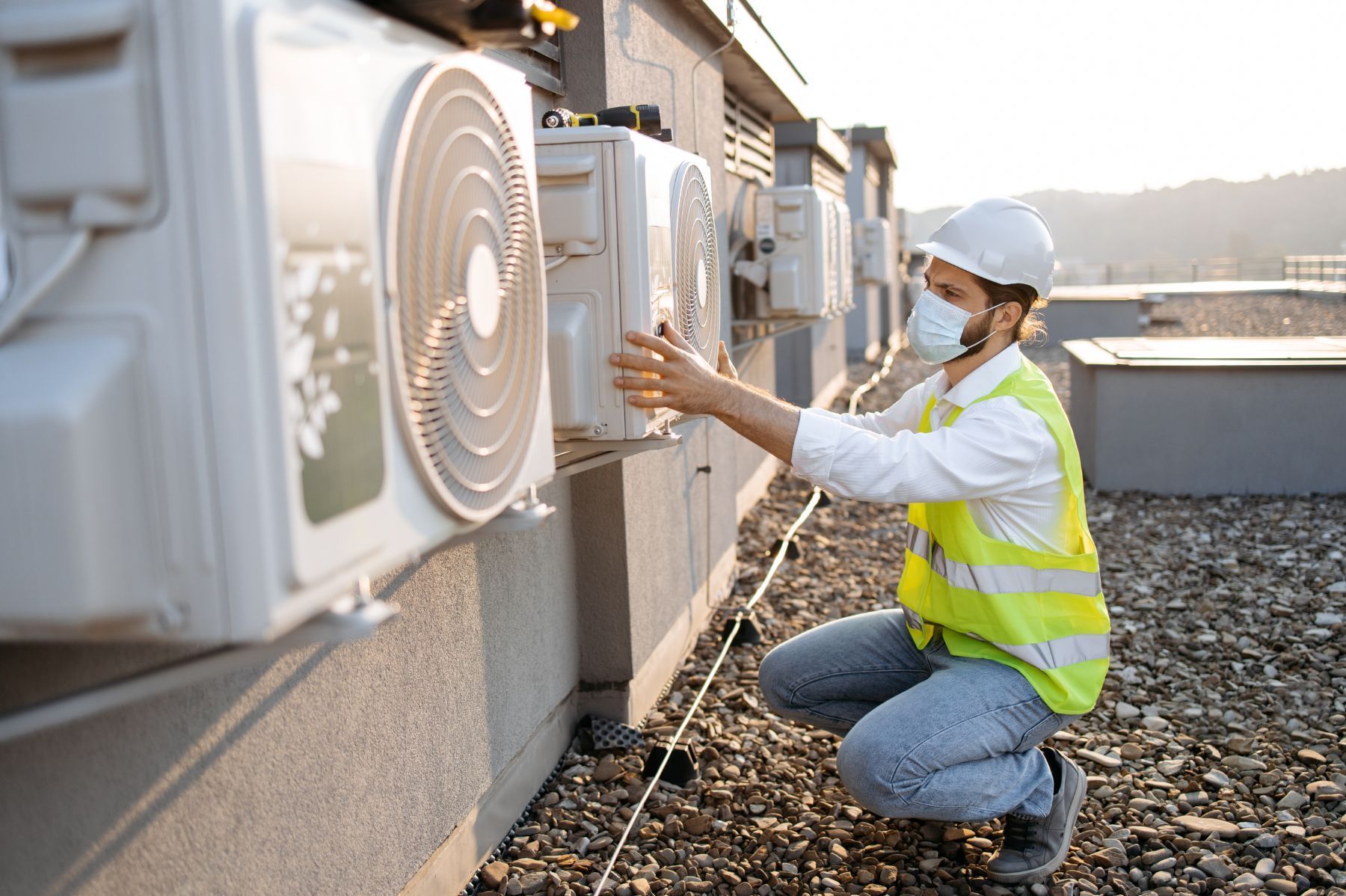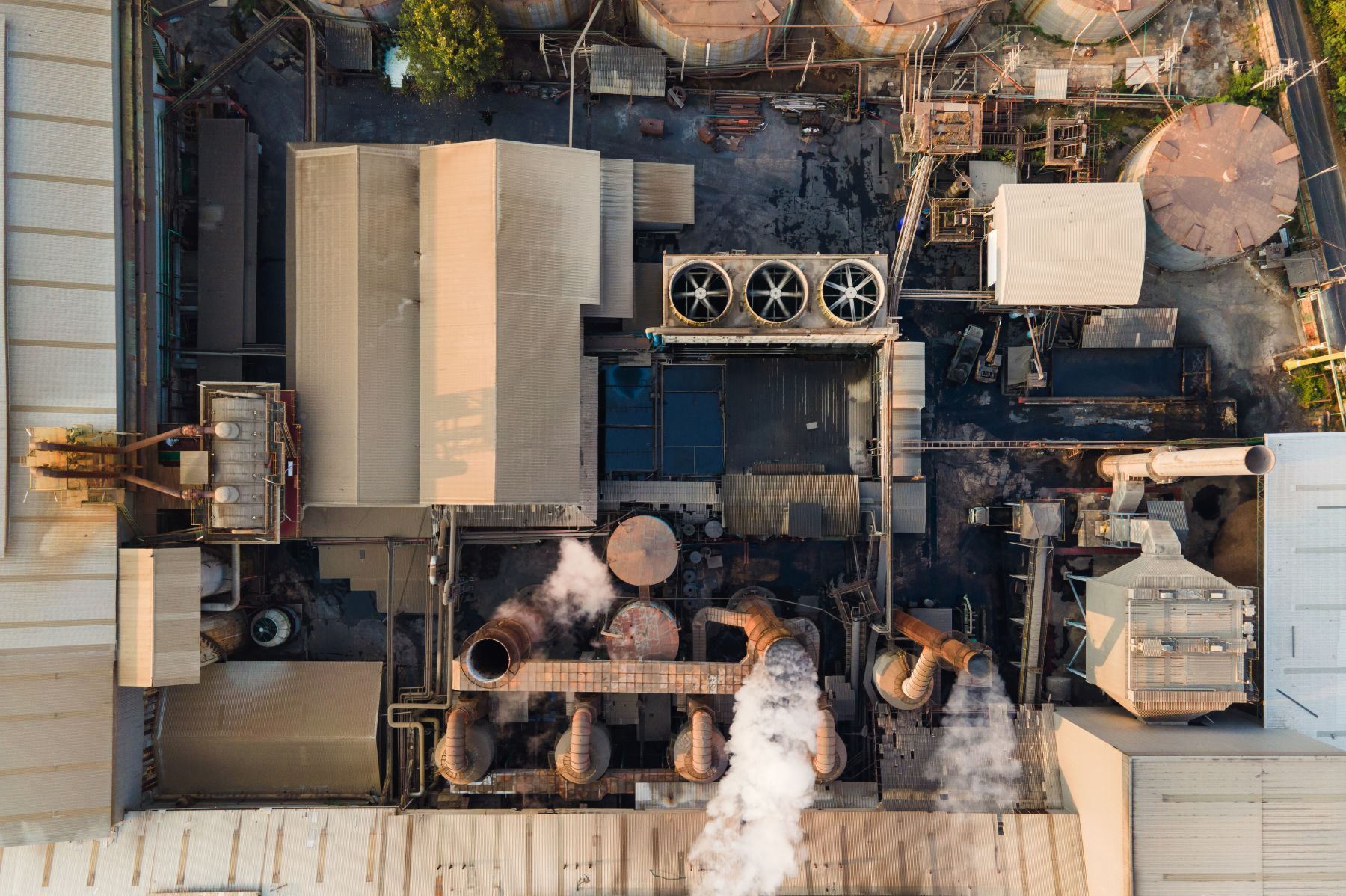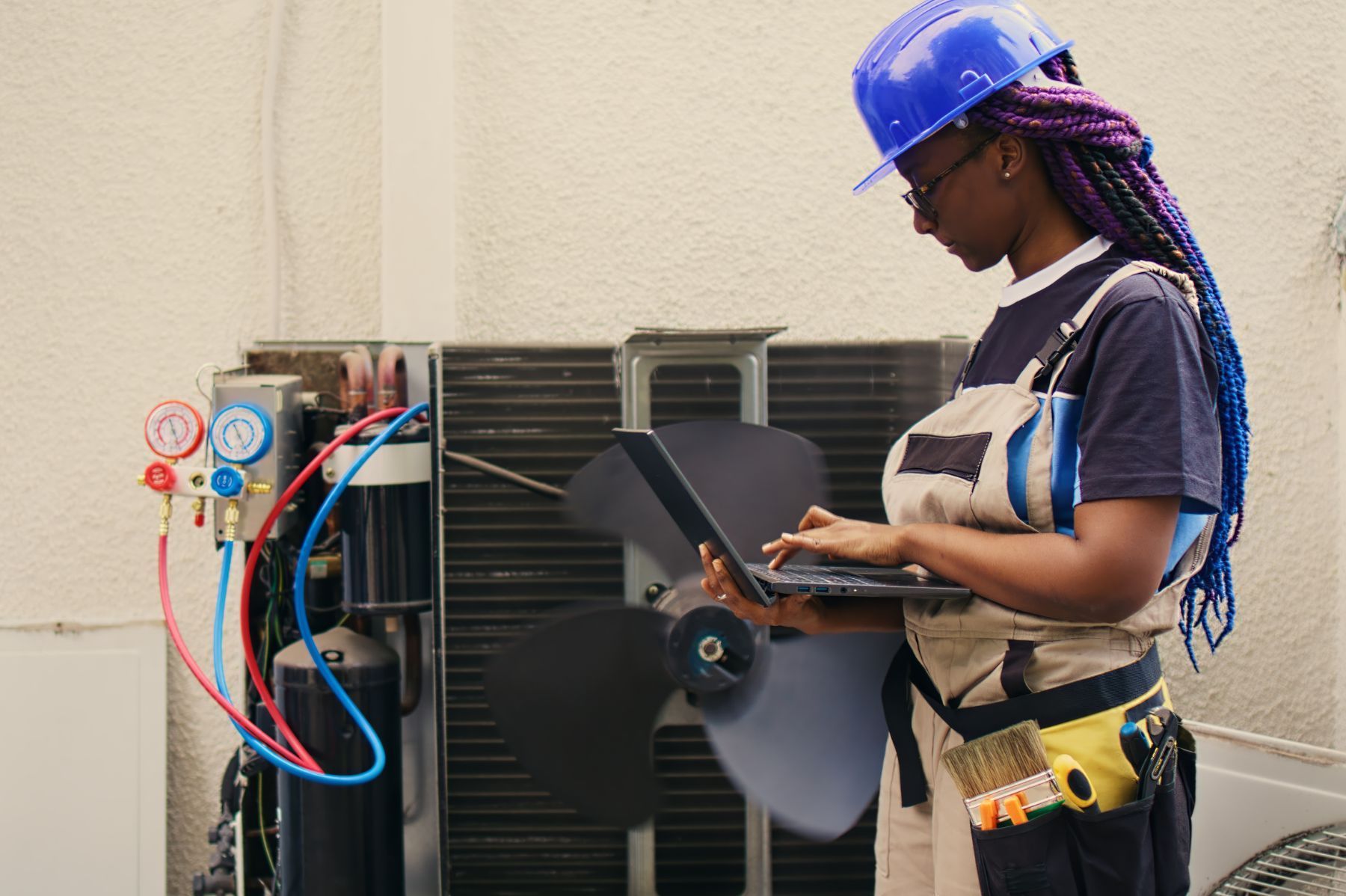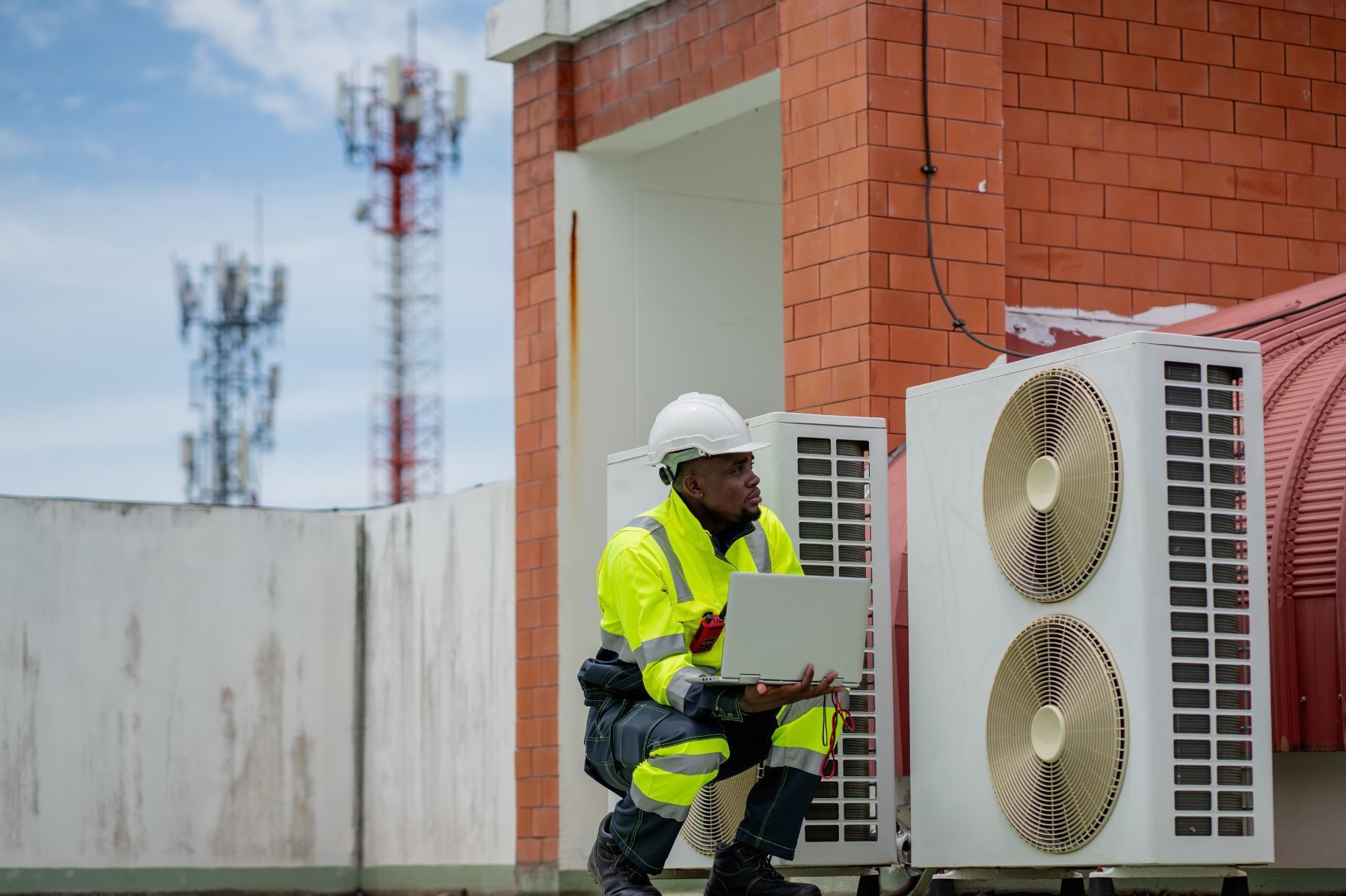From Startup to Scale: How Your HVAC Insurance Needs Change as You Grow
See How We're Different
or call us: (469) 678-8001

The HVAC industry is booming, with the global market projected to reach an impressive $367.5 billion by 2026. This rapid growth presents exciting opportunities for startups and established companies alike. However, as your HVAC business evolves from a small startup into a larger enterprise, your insurance needs also transform. Understanding these changes is crucial to protect your assets, manage risks, and ensure long-term success.
Whether you’re just launching your HVAC company or scaling up operations, this guide will walk you through how your insurance requirements shift at each stage of growth. Along the way, we’ll explore key industry insights and statistics to help you make informed decisions about coverage tailored to your business size and complexity.
For those interested in the broader market trends shaping the HVAC industry, WifiTalents provides an excellent overview of HVAC industry statistics that highlight the sector’s expanding footprint and opportunities.
Insurance Needs for HVAC Startups: Building a Solid Foundation
Starting an HVAC business involves numerous risks, from equipment damage to liability concerns. At this early stage, insurance is essential to safeguard your investment and build credibility with clients and partners.
One of the most critical policies for startups is general liability insurance. This coverage protects against claims related to bodily injury, property damage, and advertising mistakes. For HVAC technicians working on-site, the risk of accidents is real, and liability insurance helps mitigate potential financial losses. In the event of an incident, having this insurance can mean the difference between a minor setback and a catastrophic financial burden, allowing you to focus on growing your business instead of worrying about unforeseen expenses.
Additionally, property insurance is vital for protecting your tools, equipment, and vehicles. Since HVAC companies often rely on expensive machinery and service vans, ensuring these assets against theft, damage, or loss is a smart move. This coverage can also extend to your physical location, whether you operate from a home office or a commercial space, safeguarding your investment in inventory and office supplies against fire, vandalism, or natural disasters.
Many startups also consider workers’ compensation insurance, especially as they hire employees. This coverage provides medical benefits and wage replacement if workers are injured on the job, which is particularly relevant in the skilled trades sector. The HVAC industry can be physically demanding, and having a robust workers’ compensation policy not only protects your employees but also fosters a culture of safety and accountability within your team.
Why Marketing and Business Growth Impact Insurance
As your HVAC startup begins to attract customers, marketing efforts become more prominent. On average, HVAC companies spend about 7-10% of their revenue on marketing initiatives, which can include advertising, promotions, and digital campaigns. While this investment drives growth, it also introduces new risks, such as advertising liability, which your insurance policies should address. This type of coverage can protect you from claims arising from misleading advertisements or copyright infringement, ensuring that your marketing strategies do not inadvertently expose your business to legal challenges.
Understanding these foundational insurance needs helps startups avoid costly gaps in coverage that could derail their progress. Proper insurance not only protects your business but also enhances your professional image when bidding for contracts or negotiating with suppliers. Clients are more likely to trust a company that is fully insured, as it demonstrates a commitment to professionalism and accountability. Furthermore, as your business expands and diversifies its services, regularly reviewing and updating your insurance policies ensures that you remain adequately protected against evolving risks and challenges in the HVAC industry.
Scaling Up: How Insurance Needs Evolve With Growth
As your HVAC business grows, so do the complexities and risks you face. Expanding your workforce, increasing the number of service vehicles, and taking on larger commercial contracts all necessitate a reevaluation of your insurance portfolio.
One major shift is the need for commercial auto insurance, which covers your fleet beyond basic vehicle policies. This insurance protects against accidents involving company vehicles, which are a significant part of HVAC operations. Given the high value of equipment transported daily, this coverage is indispensable. Additionally, as your fleet expands, you may also want to consider coverage for cargo, ensuring that the tools and materials necessary for your jobs are protected during transit. This added layer of protection can safeguard against financial losses due to theft or damage, which can be particularly costly in the competitive HVAC market.
Moreover, larger HVAC companies often require professional liability insurance (also known as errors and omissions insurance). This protects against claims arising from mistakes or negligence in the design, installation, or maintenance of HVAC systems. As projects become more complex, the potential for costly errors increases, making this coverage a wise investment. Furthermore, as your business reputation becomes more established, the stakes for maintaining high standards of service rise. A single claim could not only impact your finances but also tarnish your brand's credibility, making it essential to have robust liability coverage in place.
Retrofitting and Energy Efficiency: New Risks, New Coverage
The U.S. Department of Energy highlights that retrofitting existing commercial buildings’ HVAC systems can save 35% or more energy, a trend driving demand for specialized services. As your company takes on these energy-efficient upgrades, the scope of work expands, and so do the associated risks.
Insurance policies should adapt to cover these new services, including potential environmental liabilities or equipment failures related to advanced HVAC technologies. Additionally, as your business invests in predictive maintenance tools—a market expected to triple from $4 billion in 2020 to $12.3 billion by 2025—cyber liability insurance may become relevant to protect sensitive data and digital assets. The integration of smart technologies not only enhances efficiency but also introduces new vulnerabilities, making it crucial to safeguard against potential cyber threats that could disrupt operations or compromise customer information.
As the HVAC industry continues to evolve, staying informed about emerging risks and insurance options is vital. Engaging with industry associations and attending trade shows can provide valuable insights into best practices and innovative solutions that can further protect your growing business. For more insights on these evolving trends, Online Boost offers a detailed look at HVAC industry trends and predictive maintenance growth.
Managing Risk in a Competitive and Energy-Conscious Market
The HVAC industry is not only growing rapidly but also becoming increasingly competitive and energy-conscious. HVAC systems account for approximately 40% of the total energy used by buildings in the USA, underscoring the importance of efficient and reliable systems. This reality places pressure on HVAC companies to deliver high-quality, energy-efficient solutions while managing operational risks.
Insurance plays a critical role in managing these risks. For example, equipment breakdown insurance can cover costly repairs or replacements of HVAC systems that fail unexpectedly. This is particularly important as companies adopt newer, more complex technologies that may have higher repair costs. Additionally, with the rise of smart HVAC systems that integrate with IoT devices, the potential for cyber risks also increases, necessitating specialized coverage that addresses data breaches and system vulnerabilities.
Furthermore, as the market grows—especially in the U.S. where the HVAC services industry is worth over $70 billion—businesses must prepare for regulatory compliance risks and potential legal challenges. Comprehensive insurance policies that include regulatory defense coverage can provide valuable protection. As energy efficiency standards evolve, HVAC companies must stay abreast of changing regulations to avoid penalties and ensure compliance, which can be a daunting task without the right support and resources.
Understanding these evolving risks and aligning your insurance coverage accordingly ensures your business remains resilient and competitive. For a comprehensive perspective on the market size and dynamics, ZipDo Education Reports offers detailed industry insights. Moreover, investing in employee training and development can further mitigate risks by ensuring that your team is well-equipped to handle the latest technologies and regulatory requirements. A knowledgeable workforce not only enhances operational efficiency but also fosters a culture of safety and compliance, which is essential in today’s fast-paced market.
Succession Planning and Insurance for Mature HVAC Businesses
As HVAC companies mature, many owners face decisions about succession and business continuity. Interestingly, expert insights reveal a shift in mindset: a decade ago, nine out of 10 small-business owners in skilled trades wanted to retire and exit the business. Today, many prefer to stay involved and grow their companies further.
This change impacts insurance needs significantly. Mature businesses often require key person insurance to protect against the financial impact of losing critical leaders. Additionally, buy-sell agreements funded by life insurance can facilitate smooth ownership transitions. These agreements not only provide financial security but also ensure that the business can continue operating without disruption, preserving the legacy that owners have built over the years.
Moreover, as companies scale, employee benefits insurance, including health and disability coverage, becomes increasingly important to attract and retain skilled technicians. The skilled trades are competitive, and comprehensive benefits packages supported by insurance can be a key differentiator. In fact, businesses that invest in robust employee benefits often see lower turnover rates and higher employee satisfaction, which ultimately contributes to a more stable and productive work environment.
Furthermore, as the HVAC industry evolves with advancements in technology and sustainability practices, companies must also consider how these changes affect their insurance needs. For instance, businesses that adopt green technologies may require specialized coverage to protect against new risks associated with these innovations. Staying informed about industry trends and adjusting insurance policies accordingly can safeguard against potential liabilities and enhance a company's reputation as a forward-thinking leader in the market.
For those considering growth strategies or ownership changes, Capstone Partners provides expert insights on HVAC services market updates and business owner trends.
Conclusion: Tailoring Insurance to Your HVAC Business Journey
The journey from HVAC startup to scaled enterprise is exciting but fraught with evolving risks and challenges. Insurance is not a one-size-fits-all solution; it must grow and adapt alongside your business to provide effective protection.
Startups need foundational coverage like general liability and property insurance, while scaling companies must consider commercial auto, professional liability, and specialized policies for energy-efficient retrofits and predictive maintenance. Mature businesses benefit from succession planning insurance and employee benefits coverage to secure their legacy and workforce.
By understanding these shifting insurance needs and leveraging industry insights, HVAC business owners can safeguard their investments, comply with regulations, and position themselves for sustainable growth in a dynamic market.

